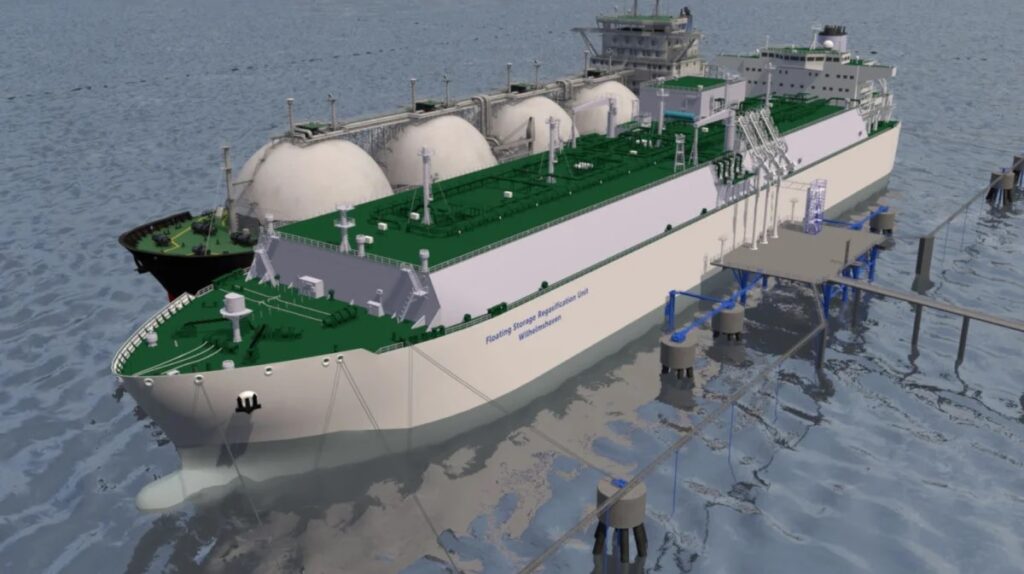Germany unveils bill to accelerate the use of LNG
2022-05-12 09:20 Release person:Schindler Logistics
May 11, 2022, by
Germany’s government has taken another important step to reduce dependence on Russian energy imports by agreeing on a formulation of the draft law on the acceleration of the use of LNG.

The Federal Ministry of Economics and Climate Protection (BMWK) in cooperation with the Federal Ministry for the Environment, Nature Conservation, Nuclear Safety and Consumer Protection, and the Federal Ministry of Justice drew this draft.
In the next step, the draft will be submitted to the German federal parliament — Bundestag — for necessary approvals.
As explained, the draft law accelerates the procedures for approving the construction and operation of fixed and floating terminals (FSRUs) and the construction of the necessary connections to the gas supply network.
The situation in the energy markets came to a head with Russia’s invasion of Ukraine that started in February; the already high energy prices have continued to rise. In order to avoid an interruption in the gas supply, the immediate and fastest possible establishment of a more independent national gas supply is urgent, according to BMWK.
Due to the low substitutability of gas by other energy sources, the gas must be procured from other sources to ensure the supply. One of Germany’s few options for procuring additional quantities of gas on the world market at short notice is to purchase LNG, meaning that this requires LNG infrastructure. This can be reached at short notice via so-called floating LNG terminals; connecting pipelines are also required so that the gas can be transported further.
In February 2022, Germany to build two LNG terminals in Brunsbüttel and Wilhelmshaven in an effort to reduce its dependence on Russian gas. In April, it also revealed the “urgent” decision to invest about €2.5 billion in four floating LNG terminals.
Furthermore, the government signed a letter of intent for the chartering of four FSRUs. will operate two of the FSRUs and RWE another two.
The LNG acceleration act allows the licensing authorities to temporarily refrain from certain procedural requirements based on EU law, particularly in the area of environmental impact assessment. This is justified by the current exceptional situation.
The country currently doesn’t have any LNG terminals or floating LNG terminals. However, this is to change with three projects planned in Wilhelmshaven, Stade, and Brunsbüttel.




